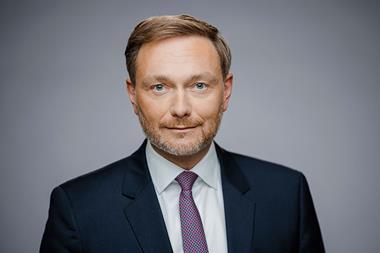The German government could rethink the ‘mothers’ pension’ (Mütterrente) measure to save money for the 2024 budget, according to Monika Schnitzer, economist and chair of the German Council of Economic Experts.
The Mütterrente measure, referring to an improvement in terms of benefits in the statutory pension system for parents whose children were born before 1992, that came into force in 2014, costs a “double-digit billion sum” every year, Schnitzer said in an interview with Focus magazine.
The measure, included in a pension package spearheaded by the Grand Coalition of Social Democrats (SPD), Christian Democratic Union (CDU) and Christian Social Union (CSU), under a government led by Angela Merkel, was “purely an election gift”, Schnitzer added in the interview.
“The Mütterrente has no steering function. Some women who benefit from this have already received their pension notice [to receive pensions], and changing that would be difficult,” she added thinking about how the government can adjust the budget in the short term.
The German government is struggling to rewrite the budget for this year after a ruling of the German Constitutional Court has prohibited the transfer of €60bn earmarked to fight the consequences of the COVID-19 pandemic to the Climate and Transformation fund.
The German Parliament (Bundestag) could vote on the 2024 federal budget at the end of January, according to the government’s plan.
Schnitzer underlined in the interview that the Constitutional Court also warned in its ruling about climate change and the consequences for the younger generation.
“In this respect, investments benefitting future generations are justified. Instead of the mothers’ pension, the railway could have been renovated or bridges built,” she said.
The German economist has again brought up the issue of the ‘Rent mit 63’ measure, also introduced in 2014, giving the option of an early retirement without deductions to employees who have paid contributions for pension benefits for at least 45 years.
“The rule is primarily used by people who earn average wages, and have above-average health. But these are exactly the people we need due to the shortage of workers in the labour market,” Schnitzer said.
Looking for IPE’s latest magazine? Read the digital edition here























